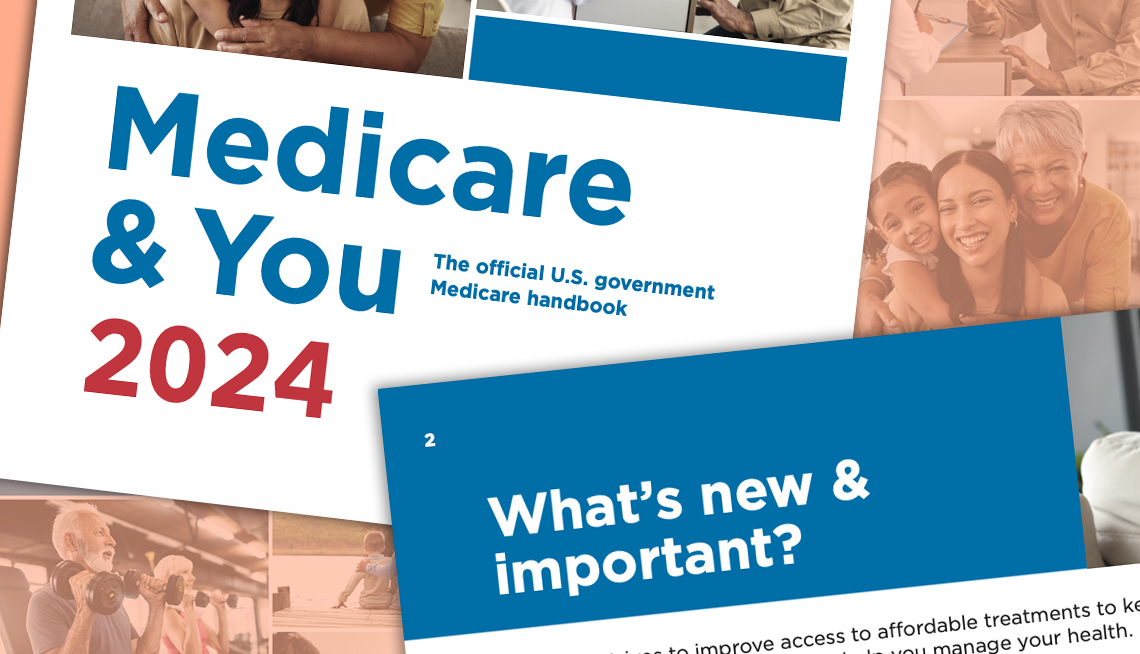Medicare is an important way for retirees to get the medical care they need. But its complicated structure and clear rules often cause confusion, which can lead to outcomes that were not expected.
It’s important to know how this program works if you’re getting close to retirement. Here are three important things that all retirees should know.
The idea that you won’t have to pay anything for your health insurance once you turn 65 is one of the biggest Medicare myths. Most people who get Part A (hospital coverage) don’t have to pay a premium, but that’s not the case for other parts of the program.
Medicare: essential for retirees but packed with critical details
In 2024, the standard monthly premium for Part B, which covers care that you get outside of the hospital, is $174.70. In 2025, this amount will go up to $185. You may also have to pay an extra monthly fee called the Income-Related Monthly Adjustment Amount (IRMAA) if your income is higher than certain levels.
Signing up for Medicare Part D is necessary if you need prescription drugs. But this comes with extra costs, like premiums that can go up depending on how much money you make. People who make more money may see an increase in their premiums, like with Part B.
Medicare Advantage as an alternative
Some people choose a Medicare Advantage plan, which gives them Parts A, B, and sometimes D all in one package. It’s important to carefully weigh your options before making a choice because these plans may come with extra costs and rules, even if they offer extra benefits.
You have seven months from the time you turn 65 to sign up for Medicare for the first time. This window starts three months before your birthday, goes through the month of your birthday, and ends three months after your birthday.
People who miss this period without a good reason, like having a group health plan through their job, may have to pay fines.

Penalties for late enrollment in Part B
Your premiums will go up by 10% for every full year you wait to sign up for Part B. This extra charge will last for the rest of your life. This fee adds up over time, so the longer you wait, the more your monthly payments will be.
Penalties for Part D
The same rule holds true for Part D. If you don’t sign up on time and then need prescription drug coverage, you will have to pay a premium penalty for life. The amount of the fine is based on how long you didn’t have insurance after you became eligible.
Restrictions on health savings accounts (HSAs) after Medicare enrollment
Health savings accounts, or HSAs, are a great way to save money on taxes that can be used for medical costs. But if you sign up for Medicare, these accounts will not work the same way, and it’s important to know what that means.
How Medicare affects your HSA contributions
You can no longer put money into your HSA after you sign up for Medicare. This rule still applies if you only sign up for Part A, which doesn’t cost anything and is often used as extra coverage by people who are still working. You can’t make any more contributions if you are even partially enrolled in Medicare.
The good news is that you can still use the money you’ve saved in your HSA. These funds can be used to pay for certain medical costs, like Medicare premiums and other out-of-pocket costs. But since you won’t be able to add more money, you should carefully plan your contributions before you sign up for Medicare.
Medicare is not an easy program, but knowing how it works can have a big effect on your quality of life in retirement. If you take the time to learn about its costs, rules for enrollment, and limits, you can avoid making mistakes that will cost you a lot of money and get the most out of the benefits it offers.
Don’t wait until the last minute to learn about Medicare if you want to be ready for retirement. You can better manage your healthcare costs and get the most out of the system if you prepare ahead of time.
You might want to talk to a Medicare specialist or go to the official Medicare website for more information or to get answers to specific questions.
Read Also :- Bad news for thousands of Americans – Important banks in the US announce problems with their debit cards















Leave a Reply